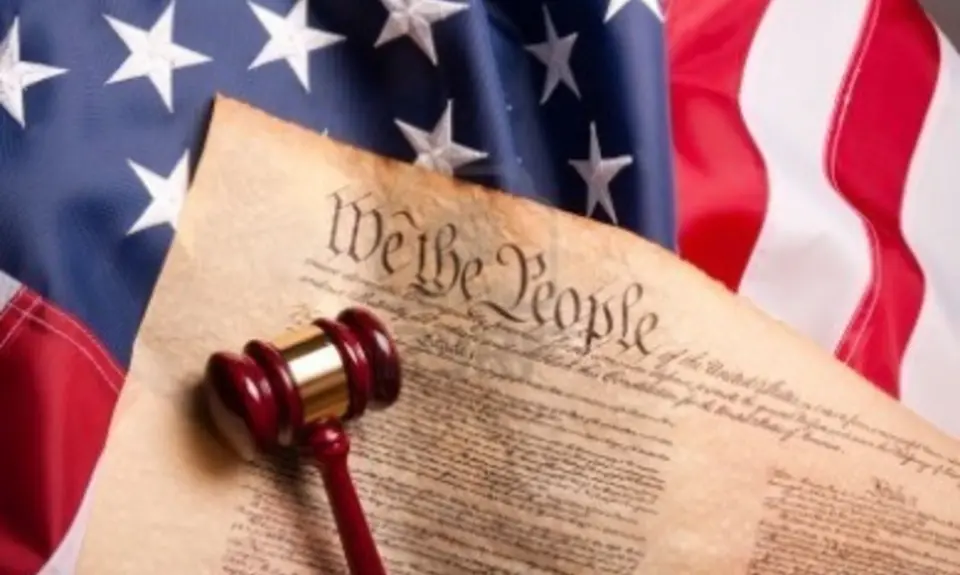Late yesterday, federal district Judge Nelva Gonzales Ramos struck down Texas' restrictive voter ID law. Judge Ramos found that it creates an unconstitutional burden on the right to vote, has an impermissible discriminatory effect on African Americans and Latinos, and is an unconstitutional poll tax. Most importantly, a careful analysis of the record led her to conclude that the law was passed with an unconstitutional discriminatory purpose.
This is a terrific development for those who care about the right to vote. And the fact that the discrimination was intentional triggers Section 3 of the Voting Rights Act, which permits Judge Ramos to subject Texas to the same type of preclearance conditions it was subject to under Section 5, before the notorious Shelby County decision. She is expected to decide whether to pursue that course of action within the next few days.
This is a textbook case of why courts matter, and why it matters who sits on those courts. Texas citizens' right to vote was being threatened by their own state government, in clear violation of the law. The federal courts have now stepped in to make sure the promises of the U.S. Constitution are kept.
The opening of Judge Ramos' opinion makes clear that she recognizes the preeminent importance of the right to vote:
The right to vote: It defines our nation as a democracy. It is the key to what Abraham Lincoln so famously extolled as a "government of the people, by the people, [and] for the people." The Supreme Court of the United States, placing the power of the right to vote in context, explained [in 1964]: "Especially since the right to exercise the franchise in a free and unimpaired manner is preservative of other basic civil and political rights, any alleged infringement of the right of citizens to vote must be carefully and meticulously scrutinized." [footnotes removed]
She could teach a thing or two to the five conservatives on the Roberts Court, whose Shelby County ruling gave the green light to politicians in Texas and elsewhere eagerly seeking to make it harder for certain people to vote.
